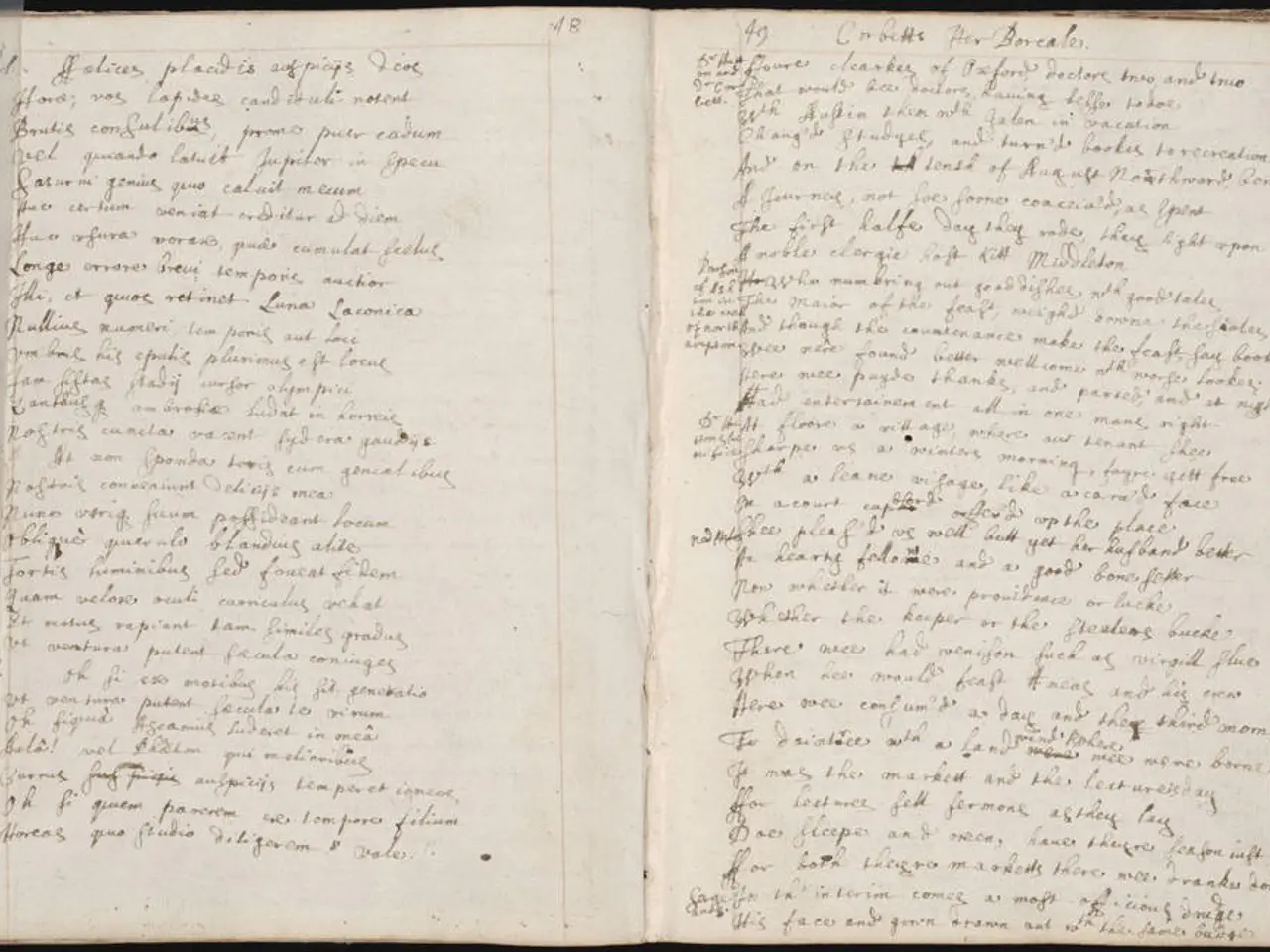Developing a Winning Thesis (for Any Book!)
In the realm of literary analysis, a well-crafted thesis statement plays a pivotal role in guiding the structure and direction of an essay. Here's a step-by-step guide on how to create a concise and debatable thesis statement for a literary analysis focused on a specific book.
1. **Be Specific and Focused:** Instead of summarising the plot or stating a general truth, identify a precise aspect of the book that you wish to scrutinise, such as a theme, character, literary technique, or author's intention.
2. **Make it Debatable:** Your thesis needs to present an opinion or claim that could be challenged or opposed, not an obvious fact. Avoid statements that readers would agree with automatically; instead, propose an argument that invites discussion and requires proof.
3. **Answer the ‘What?’ and ‘Why?’:** Your thesis should convey what you are arguing and why it matters. This shows the reader the significance of your claim and provides a roadmap for your essay.
4. **Use Clear and Precise Language:** Avoid vague terms and filler phrases like "In my opinion" or "I think," which weaken your argument. Choose words that directly state your claim and make your stance clear and assertive.
5. **Support with Textual Evidence:** Ensure your thesis can be backed by specific examples or quotes from the literary work. Your argument must be grounded in the text to be compelling and credible.
6. **Keep it Concise:** A thesis statement is usually one sentence long but packed with meaning. Every word should be purposeful and contribute to the overall argument without unnecessary detail.
For example, a weak thesis might state, "The book shows many themes of love and loss." A stronger, more debatable thesis could be, "In [Book Title], the author uses the motif of the decaying garden to symbolise the protagonist’s gradual loss of innocence and the destructive nature of forbidden love."
By following these steps, your thesis statement will serve as a clear, argumentative foundation, guiding your literary analysis essay effectively. A perfect thesis statement expresses a specific argument or claim, provides direction for the essay, is debatable, focused on one central idea, and supported by evidence from the text. It is typically placed at the end of the introduction.
- When analyzing Shakespeare's "Romeo and Juliet," one could focus on the theme of education and self-development, arguing that the absence of formal education contributes to the destructive actions of the characters.
- In the realm of literature, it is debatable whether Hamlet's delay in avenging his father's death is a sign of introspection or ineffectiveness, further highlighting the complexity of the titular character.
- By closely examining the characters in "To Kill a Mockingbird," one can draw the conclusion that education and self-development play pivotal roles in fostering empathy and challenging societal prejudices.
- In "1984," Orwell uses the themes of control and surveillance to critique the dangers of totalitarianism and the impact of unchecked power on individual freedom, providing a warning for education and self-development in the modern era.




